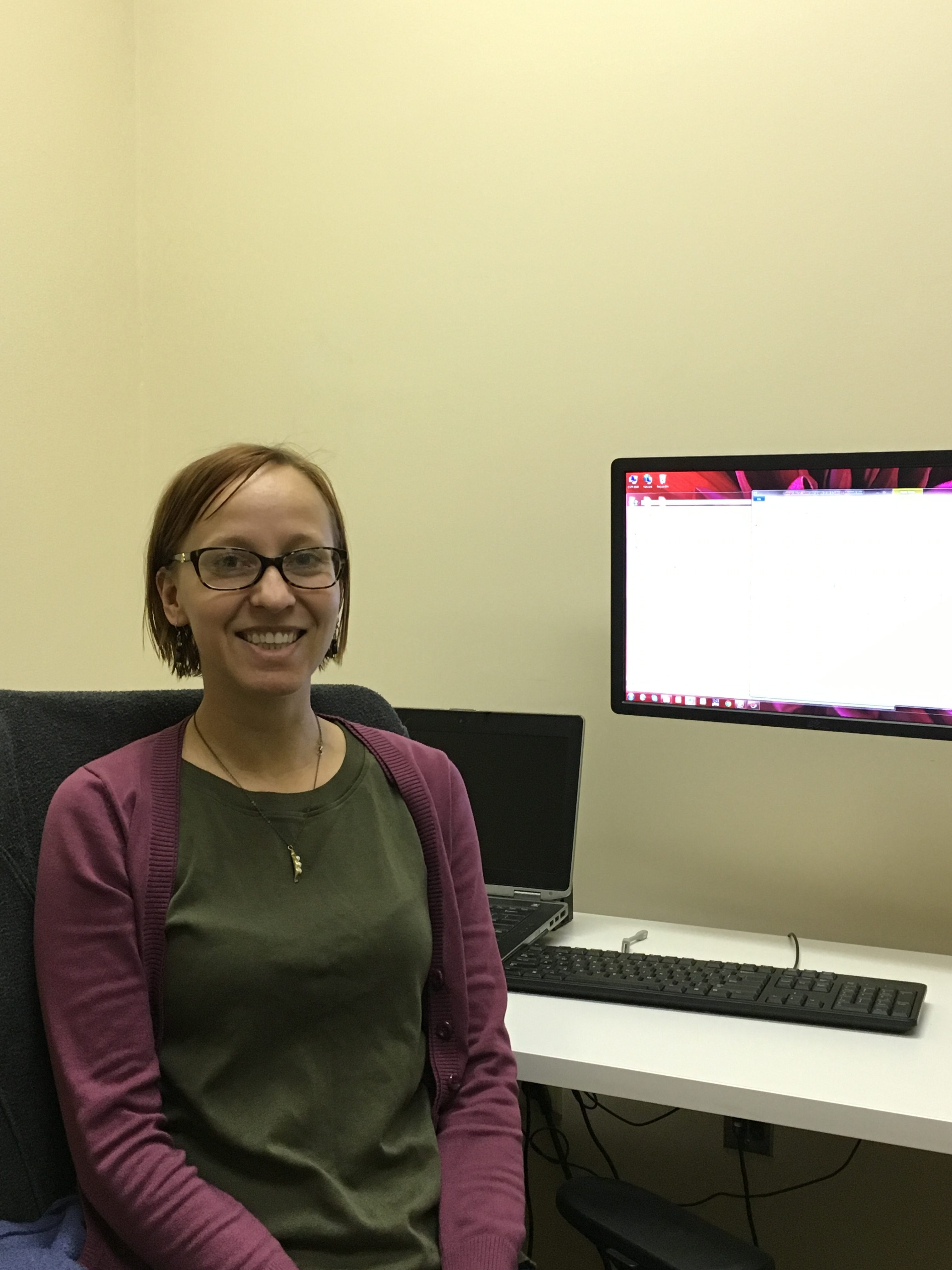During the months of January and February, there was one essential accessory seen on many first-year Duke students’ wrists: the Jawbone. The students were participating in a study listed on DukeList by Ms. Madeleine George solely for first-year students regarding their lives at Duke. The procedures for the study were simple:
- Do a preliminary test involving a game of cyberball, a game psychologists have adapted for data collection.
- Wear the Jawbone for the duration of the study (10 days)
- Answer the questions sent to your phone every four hours. You will need to answer five a day. The questions are brief.
- Answer all the questions every day (you can miss one of the question times) and get $32.
About a hundred first-year Duke students participated.
Some of the questions on the surveys asked how long you slept, how stressed you felt, what time did you woke up, did you talk to your parents today, how many texts did you send, and so on. It truly did feel as though it were a study on the daily life of Duke students. However, there was a narrower focus on this study.

Ms. Madeleine George
Ms. George is a Ph.D. candidate in developmental psychology in her 5th year at Duke. She is interested in relationships and how daily technology usage and social support such as virtual communication can influence adolescent and young adult well-being.
Her dissertation is about how parents may be able to provide daily support to their children in their first year of college as face to face interactions are replaced by virtual communication through technology in modern society. This was done in three pieces.
The jawbone study is the third part. George is exploring why these effects occur, if they are uniquely a response to parents, or if people can simply feel better from other personal interactions. Taking the data from the surveys, George has been using models that allow for comparison between each person to themselves and basic ANOVA tests that allow her to examine the differences between groups. She’s still working on that analysis.
For her first test, she found that students who talked to their parents were feeling worse. But, on days students had a stressor, they were in a better mood after talking to their parents. In addition, based on the cyberball experiment where students texted a parent, stranger, or no one, George infers that texting anyone is better than no one because it can make people feel supported.
So far, George seems to have found that technology doesn’t necessarily take away relationship value and quality. Online relationships tend to reflect offline relationships. While talking with parents might not always make a student feel better, there can be circumstances where it can be beneficial.
 Post by Meg Shieh.
Post by Meg Shieh.
